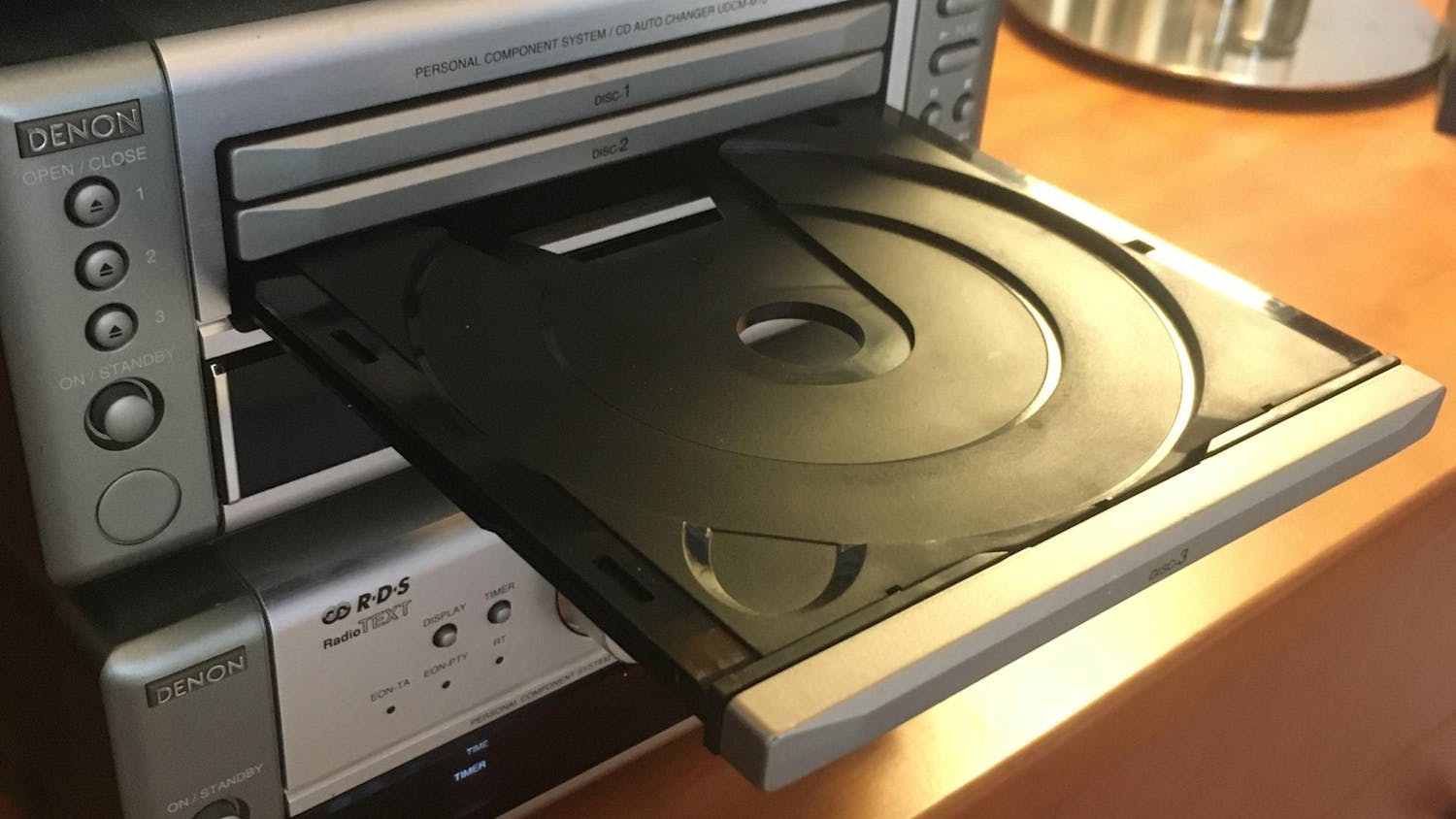Fake Blood, otherwise known as Theo Keating, has been remixing various songs since 2008, yet he has only just recently released his first studio album. "Cells" is a solid mix of ambient electronic music and a few slightly more upbeat songs whose baselines are just waiting to be remixed. Keating has also been a part of a hip?hop group called The Wiseguys which has influenced his electronic music's use of off?beat rhythms and jazzier basses.
Opening song and first single "Yes/No" seems an odd choice to represent the album with its repetitive, obnoxious chorus of "Yes, no/ Yes, no," etc. The music itself is catchy, with a repeated refrain from the synthesizer and a melodic piano scale pervading the background. The lyrics mostly feel like a distraction, though without them it would be difficult to locate where the beat should drop. As it is, the bass kicks in following a particularly vehement "yes."
Fake Blood does hypnotic electronic music well, as evinced by his previous EPs. While this makes for good studying music, it's difficult to actively listen to some of his songs without feeling a need for a more intense beat. But on songs like "Airbrushed," he takes this into account. The track picks up immensely when the beat skips from a smooth flow to a staccato that repeats under a punchy melody.
"Phantom Power" only gets interesting halfway through the song when it incorporates odd beeping noises that are superimposed over interjected childish voices. It sounds weird, and it is. But something about it works.
"End of Days" is the song where the jazzier elements of Keating's work are more recognizable. After a slow introduction, the track takes on the grungier elements of garage pioneer Skream, who used the flute to create an anxious scary mood.
The second single from the album, "All in the Blink," is a faster?paceddubstep song. It has the proper lyrical chorus and the right build?up to the beat drop to be enjoyable. The song is more generic sounding, and while it is catchy and radio? friendly enough, Fake Blood's skill lies in his ability to make simple beats and melodies entrancing.
The rest of the album does this much better. For example, "Let It Go" has less of the hypnotic element of the best Fake Blood songs, but the repeated refrain adds more to the song than the lyrics on any of his other songs. The beat is a grungier one that leans more towards dubstep than garage. The song's tempo begs to be sped up a little, but the soulful vocals provide the counterbalance to this.
"Another World" is the shortest song on the album and is basically a bizarre amalgamation of odd noises. It's interesting, but not necessarily pleasant to listen to. The last few songs on the album are also the strongest - "London" features a solid bass from a cello or double bass?esque instrument, which is contrasted with the soprano vocals weaving overhead. Violins join in and the song becomes a classical, emotional homage to the city without ever incorporating lyrics.
"Soft Machine" is inspired by the organic alien technology in the film "Le PlaneteSauvage" (1973). The song itself sounds like it could be incorporated into the film, or at least feature some alien?related paraphernalia in its music video.
"Cells" starts and ends strong, but the middle of the album is weak and could cause listeners to lose interest. If you stick it through until the end, though, it becomes apparent why Keating's focus on the rhythmic and mesmerizing beat is the strongest element of his work. Album closer "Contact" works with a heavy beat and a faster?paced one overlaid on the top that builds to an incredibly satisfying ending.





